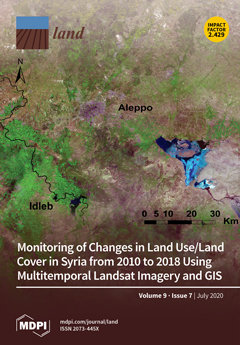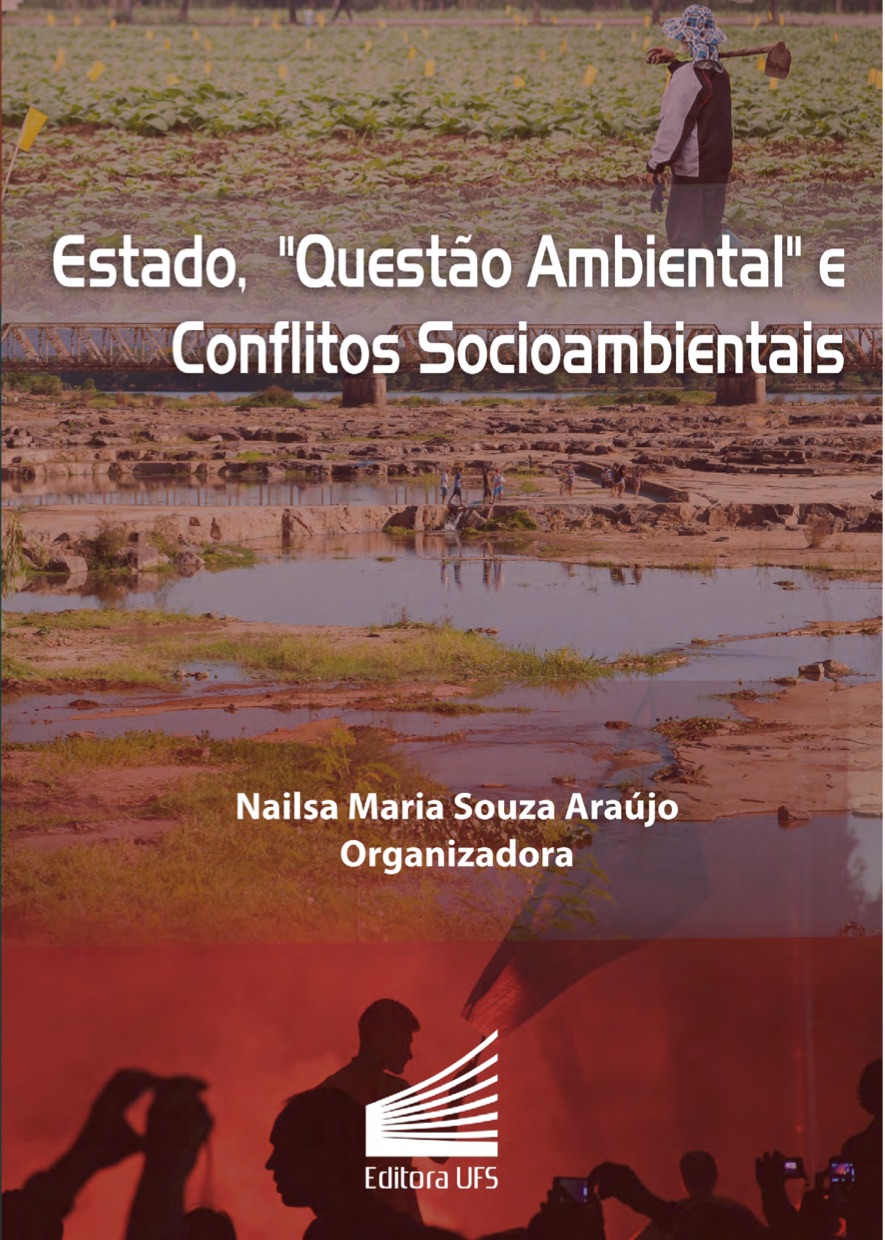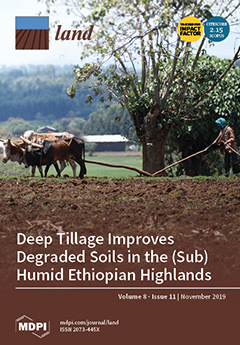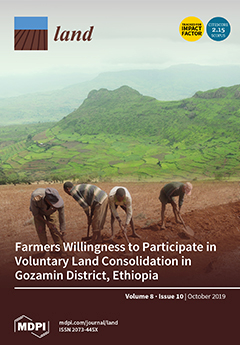Local communities face to land expropriation and evictions in the era of major structural projects and territorial regulation in Southern Cameroon: An analysis of the outlines of a controversial phenomenon
Both land expropriation and eviction constitute a threat to the properties and life of local communities. In Southern Cameroon, the phenomenon has increased with the implementation of structural projects to ensure the emergence of Cameroon by 2035 and the resumption of the control of urban space by the State. The aim of this article is to show how structural projects and the regulation of urbanization in big towns affect local communities.











